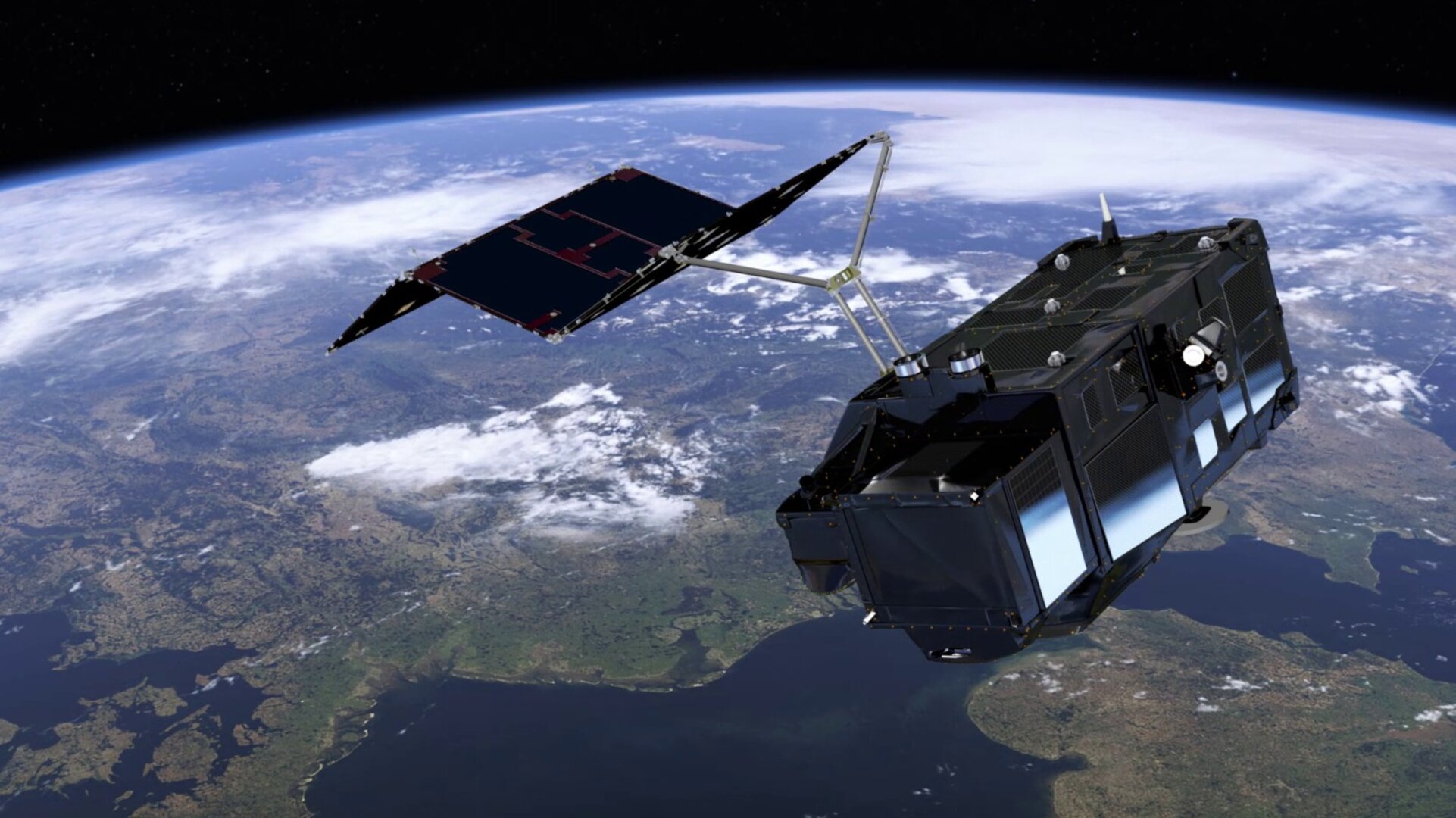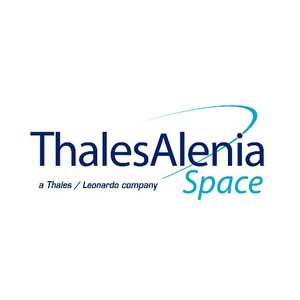Facts and figures
| Launch date |
Sentinel-3A: 16 February 2016 Sentinel-3B: 25 April 2018 |
| Launcher | Rockot, from Plesetsk, Russia |
| Orbit | Polar, Sun-synchronous at altitude of 815 km |
| Revisit time (ocean) | SLSTR ~1 day, OLCI ~2 days, SRAL has a 47 km ground track separation after 27 days – all cases using two- satellite constellation at the equator. |
| Life | Planned for seven years (carries consumables for 12 years) |
| Satellite | 2.2 m long, 2.2 m wide, 3.7 m high and a mass of 1150 kg (including 130 kg fuel) |
| Instruments | Ocean and Land Colour Instrument (OLCI) covering 21 spectral bands (400–1020 nm) with a swath width of 1270 km and a spatial resolution of 300 m Sea and Land Surface Temperature Radiometer (SLSTR) covering 9 spectral bands (550–12 000 nm), dual-view scan with swath widths of 1420 km (nadir) and 750 km (backwards), and a spatial resolution of 500 m for visible and near-infrared, and 1 km for thermal infrared channels Synthetic Aperture Radar Altimeter (SRAL) Ku-band (300 m after SAR processing) and C-band with a spatial resolution of approx 300 m Microwave Radiometer (MWR) dual frequency at 23.8 & 36.5 GHz |
| Receiving stations |
Scientific data: transmitted to core Sentinel ground stations Telemetry data: transmitted to and from Kiruna Sweden |
| Main applications | Sea-level change & sea-surface temperature mapping, water quality management, sea-ice extent and thickness mapping and numerical ocean prediction; land-cover mapping, vegetation health monitoring; glacier monitoring; water resource monitoring; wildfire detection; numerical weather prediction. |
| Mission | Developed by ESA, jointly operated by Eumetsat |
| Funding | ESA Member States and the European Union |
| Prime contractors | Thales Alenia Space France for satellite, OCLI & SRAL; Selex ES Italy for SLSTR; EADS-CASA for MWR |
| Data access | sentinels.copernicus.eu |















 Germany
Germany
 Austria
Austria
 Belgium
Belgium
 Denmark
Denmark
 Spain
Spain
 Estonia
Estonia
 Finland
Finland
 France
France
 Greece
Greece
 Hungary
Hungary
 Ireland
Ireland
 Italy
Italy
 Luxembourg
Luxembourg
 Norway
Norway
 The Netherlands
The Netherlands
 Poland
Poland
 Portugal
Portugal
 Czechia
Czechia
 Romania
Romania
 United Kingdom
United Kingdom
 Slovenia
Slovenia
 Sweden
Sweden
 Switzerland
Switzerland

































